Our Lord Jesus made it clear that sin comes from within our hearts. Jesus tells us that the food we eat enters the stomach, not the heart, so the food we eat doesn’t make us unclean.
Fasting from food doesn’t cleanse the heart, but fasting can allow us to become more clearly aware of what is in our hearts. Food itself doesn’t cause us to sin. If we consider the Lord’s words we realize we can’t even blame Satan for our sins, for the sins come from within us. They don’t originate outside of our self. Spiritual warfare has to take place in and for our own hearts.
And Jesus said, “What comes out of a man is what defiles a man. For from within, out of the heart of man, come evil thoughts, fornication, theft, murder, adultery, coveting, wickedness, deceit, licentiousness, envy, slander, pride, foolishness. All these evil things come from within, and they defile a man.” (Mark 7:20-23)
So, St. John Cassian reminds us that even another person can’t really cause us to sin. Blaming another because “YOU make me angry” is failing to acknowledge the anger is already an evil in our hearts. It is more honest to acknowledge, “I get angry when….” Others don’t cause our anger, but they can cause us to reveal what is in our hearts.
So Cassian says:
“A man can be harmed by another only through the causes of the passions which lie within himself. It is for this reason that God, the Creator of all and the Doctor of men’s souls, who alone has accurate knowledge of the soul’s wounds, does not tell us to forsake the company of men; He tells us to root out the causes of evil within us and to recognize that the soul’s health is achieved not by a man’s separating himself from his fellows, but by his living the ascetic life in the company of holy men.” (The Philokalia: Volume 1, p 87)
Holiness, like evil, is found within our own hearts. We have to bring it out in our relationships with others. Avoiding other people will not help us become holy. Being in the company of holy people can help awaken the holiness God has planted within each of us – the image of God which is natural to each of us and which is imprinted on our souls. We do become like the people we associate and identify with.
The purpose of fasting is to help “stir the pot” which is our heart – to help bring to the surface what really is within each of us. We can then confront the passions and sins in us or bring out the holiness which God has endowed us with.
Notice in icons – the halo around the saints emanates from the holy person. It doesn’t descend on them from above. The icons show holiness is revealed in and through the lives, the very being, of the saints.
This is the spiritual goal for us all.



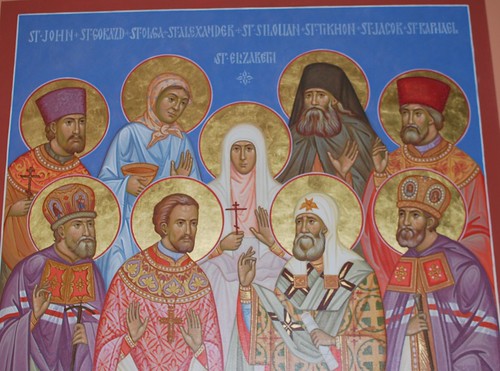





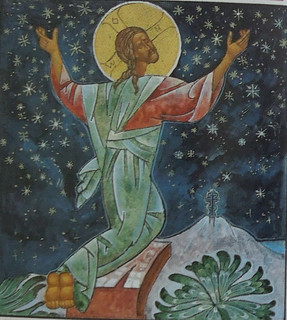
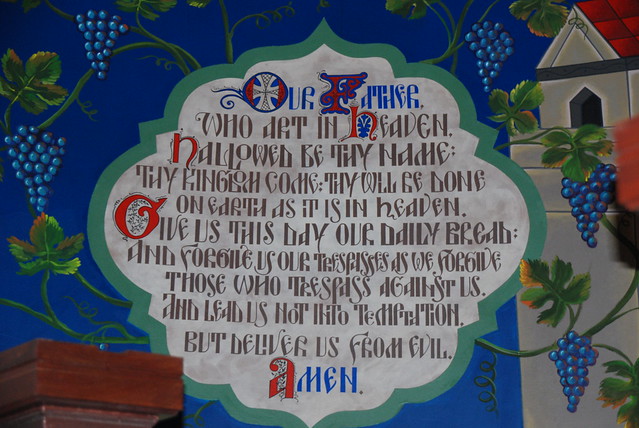


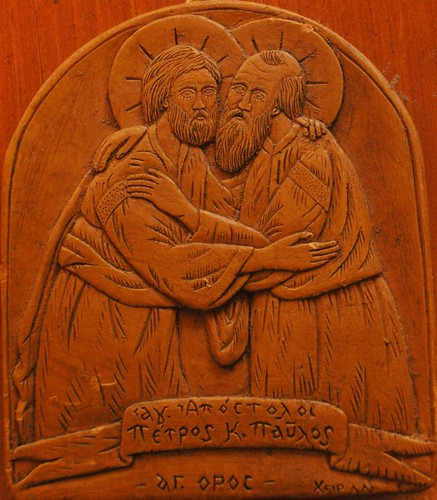



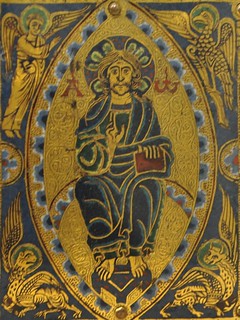











 St. John Cassian
St. John Cassian
 The
The 
 “I shall speak first about control of the stomach, the opposite to gluttony, and about how to fast and what and how much to eat. I shall say nothing on my own account, but only what I have received from the Holy Fathers. They have not given us only a single rule for fasting or a single standard and measure for eating, because not everyone has the same strength; age, illness or delicacy of body create differences. But they have given us all a single goal: to avoid over-eating and the filling of our bellies. They also found a day’s fast to be more beneficial and a greater help toward purity than one extending over a period of three, four, or even seven days. Someone who fasts for too long, they say, often end up by eating too much food. The result is that at times the body becomes enervated through undue lack of food and sluggish over its spiritual exercises, while at other times, weighed down by the mass of food it has eaten, it makes the soul listless and slack.” (
“I shall speak first about control of the stomach, the opposite to gluttony, and about how to fast and what and how much to eat. I shall say nothing on my own account, but only what I have received from the Holy Fathers. They have not given us only a single rule for fasting or a single standard and measure for eating, because not everyone has the same strength; age, illness or delicacy of body create differences. But they have given us all a single goal: to avoid over-eating and the filling of our bellies. They also found a day’s fast to be more beneficial and a greater help toward purity than one extending over a period of three, four, or even seven days. Someone who fasts for too long, they say, often end up by eating too much food. The result is that at times the body becomes enervated through undue lack of food and sluggish over its spiritual exercises, while at other times, weighed down by the mass of food it has eaten, it makes the soul listless and slack.” (